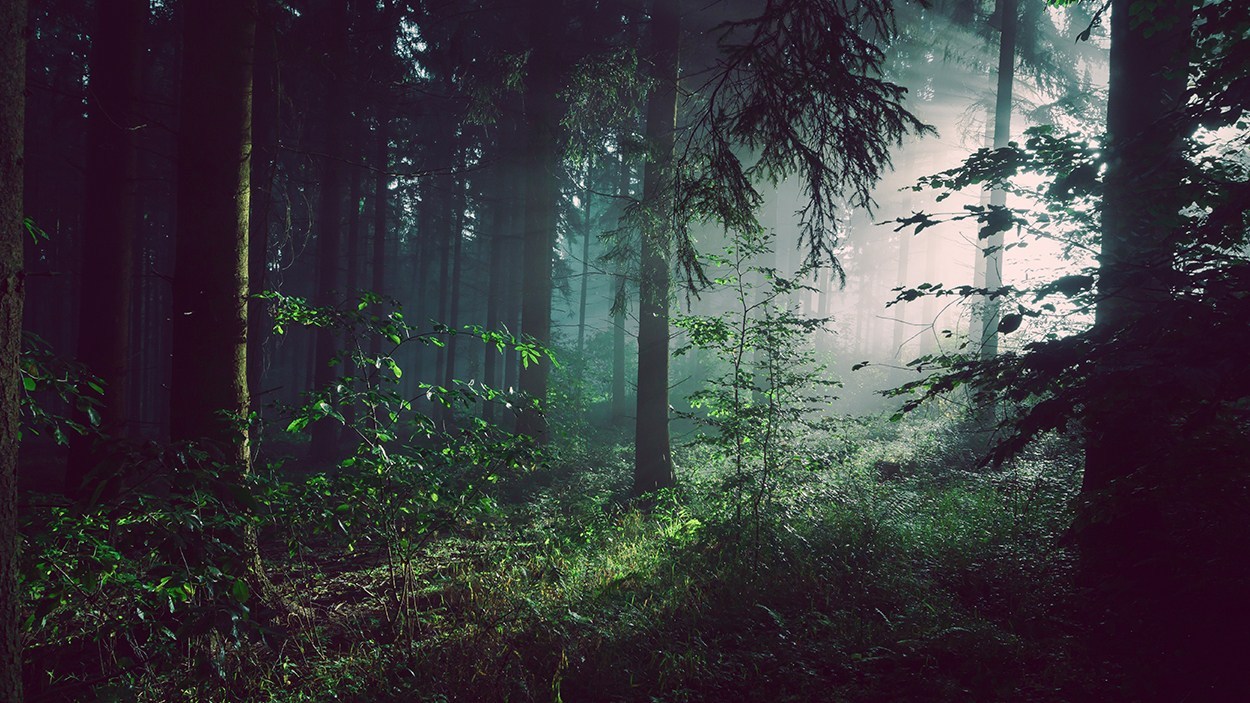In addiction recovery, it’s important to keep your routine from becoming stale. Many times, you’ll see recommendations for alternative therapies: equine-assisted counseling, new approaches to individual psychotherapy, and even acupuncture can contribute to your ongoing sobriety. However, when you look for ways to change up your routine, you may be concerned about cost, convenience, and effectiveness.
What if we told you that there was a supplementary therapy that is completely free, scientifically proven, and older than you can imagine? Shockingly, it’s not too good to be true. As the weather warms in the Pacific Northwest, consider taking advantage of nature as therapy.
The Proven Benefits of Ecotherapy
Ecotherapy means using contact with nature to self-soothe and process your emotions. If you’ve ever taken a stroll along a moonlit beach or hiked through quiet woods, you probably already understand the calming effect that the natural world can have.
Researchers at the University of Essex sought to quantify this – they found that, in a group of people with depression, 90% felt a higher level of self-esteem after walking through a rural park. Upon conducting additional studies, they found that 94% of those with mental illness reported that contact with nature improved their mood.
A Stanford study helmed by Dr. Gregory Bratman split volunteers into two separate groups. Half of them walked along a busy road, while the others took a scenic stroll with beautiful mountain views. The nature walk decreased anxiety, negative feelings, and rumination, and even boosted performance on cognitive tests. After conducting MRIs and blood flow measurements to various brain areas, they found that the nature walkers had reduced activity in the subgenual prefrontal cortex. This area of the brain is primarily associated with rumination – obsessing over the same issues over and over – an issue common to those with anxiety and depression.
Why Does Nature Improve Your Mood?
One of the primary effects of ecotherapy, whether walking through a state park or taking a vacation “off the grid,” is a calming sensation. To put it simply, city life is noisy and chaotic. Studies show that city dwellers are twice as likely as those in the suburbs to say that they are “very stressed,” generally report that they don’t have enough living space, and also need to take a break about every three weeks. They also have higher rates of stress, anxiety, psychosis, and depression than those in rural areas.
Luckily, evidence shows that exposure to nature, no matter how brief, can help to improve cognitive function and protect our brains against urban stress. In a world of ringing phones, honking horns, and a flood of day-to-day stressors, taking time to unplug can be incredibly beneficial.
There is a wide body of research suggesting that all different forms of natural stimuli can have a positive impact on one’s mental health. Sweeping views, the sounds of chirping birds, and fresh, earthy fragrances have all proven to lower stress levels and self-reports of depressive mood. Something as simple as sitting by the window or looking at photographs of nature can improve mood and life satisfaction. Interestingly, researchers have been able to decrease relapse rates of those in addiction recovery through the use of outdoor camping programs.
Please note that ecotherapy should be used on a supplementary basis – it should not replace core aspects of your treatment plan, such as attending AA and NA meetings or participating in aftercare programs.
Seattle Ecotherapy: Nature Therapy Options
For those residing in western Washington, the options for eco-focused excursions are nearly endless. From the Olympic Mountains to the Puget Sound to the west – and the Cascades and Lake Washington to the east – Seattle is surrounded by natural beauty. Seattle Parks and Recreation also manages a total of 6,414 acres of natural areas, totaling 485 parks, athletic fields, tennis courts, specialty gardens, and trails. See below for a list of some of our favorite options:
- Discovery Park
- Green Lake Park
- Carkeek Park
- Seward Park
- Kubota Garden
- Washington Park Arboretum
- Mount Rainier National Park
- Olympic National Park
- Kerry Park
- Magnuson Park
- Carl S. English Jr. Botanical Gardens
- Streissguth Gardens
Thrive in Sobriety
With over 100,000 alumni, Lakeside-Milam is the largest addiction treatment provider in the Northwest. Our proven, individualized approach ensures that each person who walks through our doors is on track for lasting recovery. If you or a loved one need help breaking free of the cycle of addiction, give us a call today at 800-231-4303.






